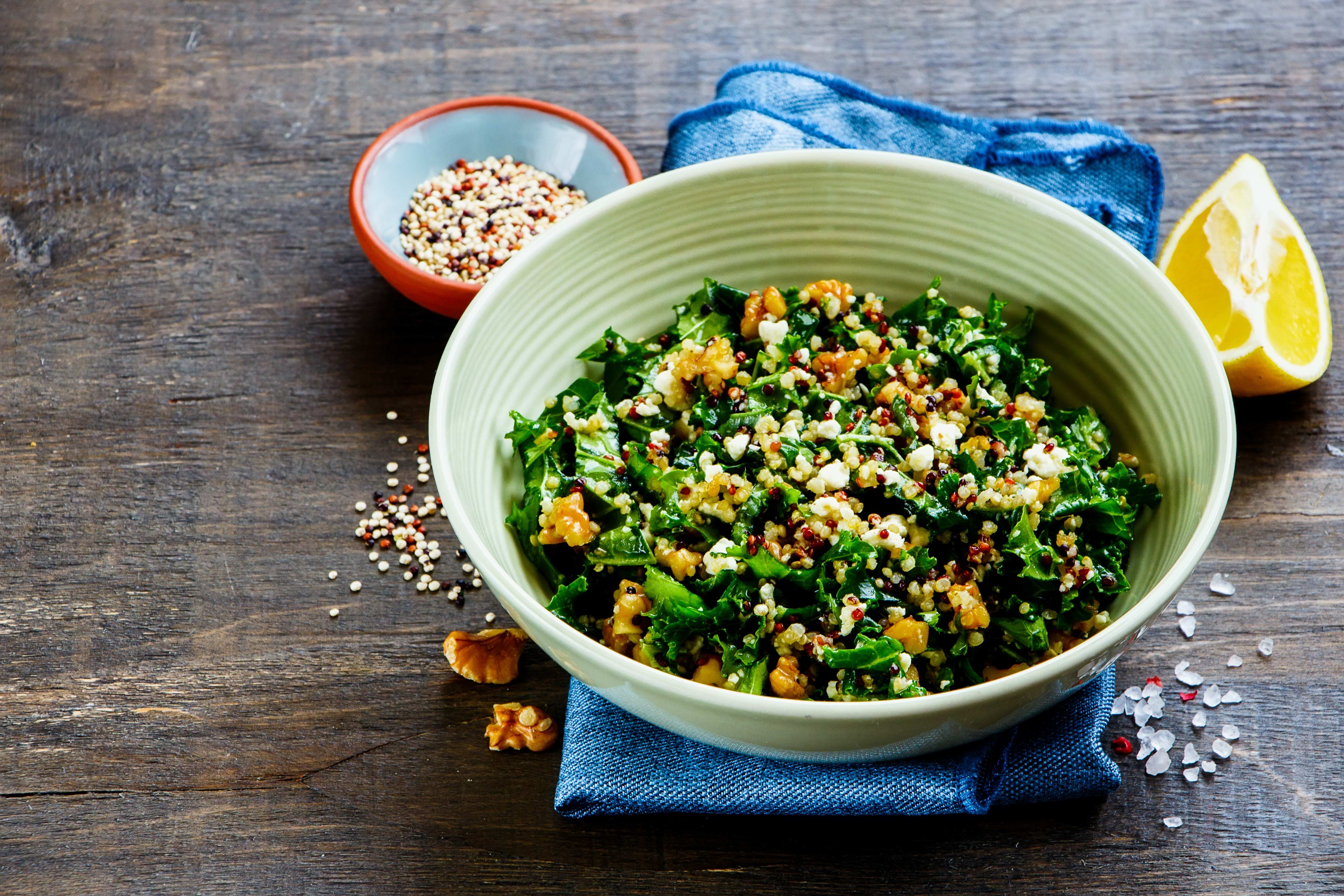The Ultimate Guide to Plant-Based Eating: Essential Tips Before You Begin

Plant-based eating has gained tremendous popularity as a health-conscious and environmentally friendly lifestyle choice. If you’re considering making the switch to a plant-based diet, it’s important to understand what it entails and how to do it in a balanced and sustainable way. This guide will walk you through essential tips and considerations before you start your plant-based journey.
Understanding What Plant-Based Eating Means
Plant-based eating focuses primarily on foods derived from plants, including vegetables, fruits, grains, nuts, seeds, and legumes. Unlike veganism or vegetarianism which can be motivated by ethical reasons or exclude all animal products completely, plant-based diets emphasize whole plant foods while sometimes allowing limited animal product consumption. Knowing this distinction can help you set realistic goals for your diet transition.
Nutritional Considerations for a Balanced Diet
A well-planned plant-based diet can provide all the necessary nutrients your body needs; however, some nutrients require attention. Protein sources such as beans, lentils, tofu, and quinoa are vital. Additionally, vitamin B12 supplementation is often necessary since it’s primarily found in animal products. Iron from plants is also less readily absorbed than from meat so pairing iron-rich foods with vitamin C can improve absorption.
Planning Your Meals Ahead
Transitioning smoothly involves meal planning to ensure variety and nutritional balance. Incorporate diverse vegetables, whole grains like brown rice or barley, legumes for protein and fiber, healthy fats from avocados or nuts, and occasional fortified foods. Preparing meals ahead of time helps avoid reliance on processed convenience foods that may not offer optimal nutrition.
Common Challenges When Starting Out
Some challenges include cravings for familiar non-plant foods or difficulty dining out comfortably while sticking to your new choices. Social situations might require communication about your dietary preferences. Learning new recipes may take time but exploring cookbooks or online resources geared toward plant-based cooking can inspire creativity.
Tips for Long-Term Success with Plant-Based Eating
Start gradually by integrating more plant meals each week rather than an abrupt change. Focus on adding nutrient-dense whole foods rather than just removing items from your plate. Stay informed through credible nutrition sources and consider consulting a dietitian if you have specific health concerns or conditions requiring tailored advice.
Adopting a plant-based lifestyle is an exciting way to improve your health while contributing positively to the environment. With thoughtful planning and mindful choices guided by these essential tips, you’ll be well-prepared to enjoy the benefits of this nourishing way of eating.
This text was generated using a large language model, and select text has been reviewed and moderated for purposes such as readability.


